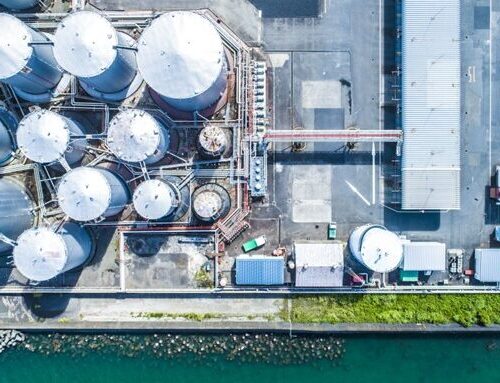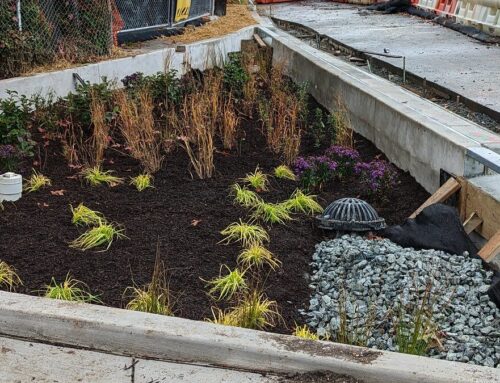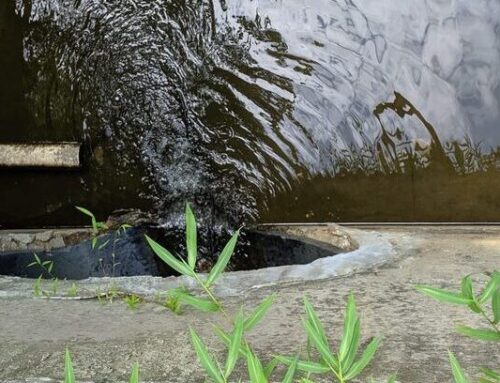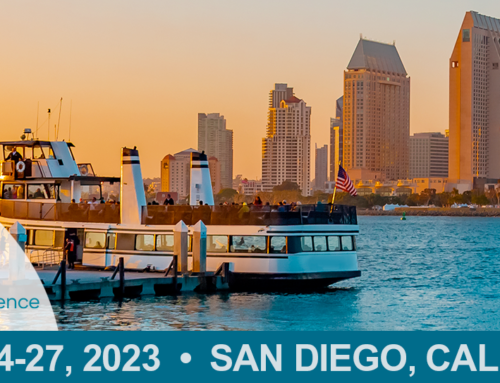The City of Raleigh is one of the fastest growing urban areas in North Carolina with goals to develop with environmental protections to improve and protect air and water quality. The City recognized the importance of the urban forest as an integral part to achieve these goals. In 2019, the City secured the services of the Center for Watershed Protection to determine and recommend how the conservation and/or expansion of forest and tree canopy during development can help to improve water and air quality. This work is intended to address the following goal identified in the Growth and Natural Resources Focus Area of the City’s Strategic Plan: “Encourage a diverse, vibrant built environment that preserves and protects the community’s natural resources while encouraging sustainable growth that complements existing development.”
The Center partnered with Brown and Caldwell to complete several research tasks. These included:
- Evaluating the City of Raleigh’s existing regulations and programs impacting tree conservation and planting against established benchmarks, using the Center’s Forest-Friendly Code and Ordinance Worksheet (COW).
- Summarizing the extent to which the City of Raleigh is utilizing the North Carolina Statute enabling legislation to protect urban tree canopy during development/redevelopment.
- Synthesizing the current state-of-the science on the relationship between urban forests and their water and air quality benefits.
- Review of models that can be used to quantify the water and air quality benefits of the urban forest.
The results of the Forest-Friendly COW find that the City has a strong program in place for tree conservation and to expand its urban forest, while identifying areas to improve or strengthen its tree conservation efforts, thus increasing the ability to improve local air and water quality. Further, the Center’s team made recommendations for the City on development of a modeling framework to quantify the effects of the urban forest on air quality, water quality and quantity and how future land use changes may impact these benefits. These recommendations provide the City with a path forward that includes next steps, a timeline and costs that can be scaled to the City’s available resources in subsequent phases. A Technical Advisory Committee comprised of six subject matter experts in hydrology, modeling and forestry provided review and input on all aspects of this project.
The City is in the process of discussing the results of the regulatory review with its multi-departmental Strategic Planning group with an eye to advance recommendations from this project. The City is also exploring a possible nexus with its Communitywide Climate Action Plan.
For more information about this project, contact Neely Law at nll@cwp.org.






